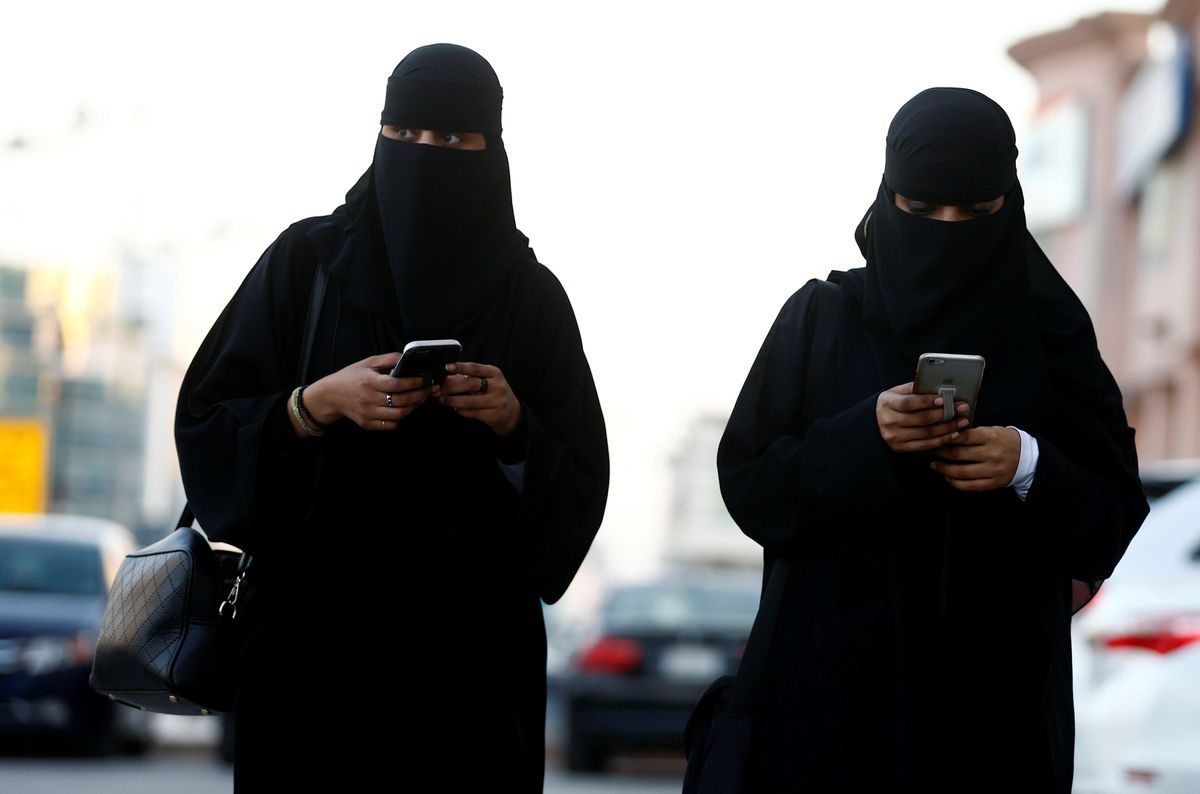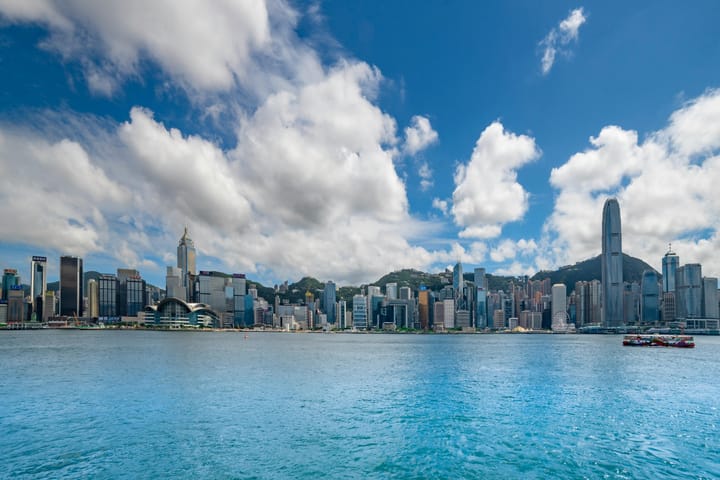Saudi Arabian law professor may face the death penalty for using social media
Since Saudi Arabia's Crown Prince Mohammed bin Salman was named in 2017, the kingdom has cracked down on dissent.

A few minutes every morning is all you need.
Stay up to date on the world's Headlines and Human Stories. It's fun, it's factual, it's fluff-free.
The backstory: Since Saudi Arabia's Crown Prince Mohammed bin Salman (MBS) was named in 2017, the kingdom has cracked down on dissent. It's known for imposing severe and lengthy sentences on people accused of using social media to criticize the government. For example, Salma al-Shehab, a university professor and doctoral student, was sentenced to 34 years in prison for having a Twitter account and reposting dissident tweets. And another Saudi woman, Nourah al-Qahtani, received a 45-year sentence for using Twitter and "violating public order."
More recently: In 2017, pro-reform law professor Awad Al-Qarni, who has 2 million Twitter followers, was arrested and imprisoned for using Twitter and WhatsApp.
The development: Nasser, Al-Qarni's son, fled to the UK and is seeking asylum there. He recently shared his dad's court documents with The Guardian. The docs show that prosecutors are seeking the death penalty for Al-Qarni for sharing "hostile" messages and taking part in videos that praised the Muslim Brotherhood, which Saudi Arabia considers a terrorist organization.
Human rights group Reprieve said these actions contrast with the kingdom's attempts to present a modern image to the world. For example, Saudi Arabia has invested heavily in the technology and entertainment sectors. It's even increased its stock stakes in companies like Twitter, Meta and Disney. But on the other hand, citizens are being imprisoned for using the very things it's invested in, like Twitter and WhatsApp.
Key comments:
"But at the same time, that is fully irreconcilable with all the cases we are seeing, where we are talking about the public prosecutor – under the guidance of Mohammed bin Salman – calling for people to be killed for their opinions, for tweets, for conversations. They are not dangerous, they're not calling for an overthrow of the regime," said Jeed Basyouni, the head of Middle East and north African advocacy at Reprieve, on the contrast between Saudi Arabia's tech interests and the trend of social media-related arrests in the country.
"It is beyond abhorrent that a prominent law professor faces the death penalty for using Twitter while an FBI fugitive, wanted for infiltrating Twitter's headquarters, receives a Netflix-sponsored VIP invitation to attend a Saudi government event," said Khalid Aljabri, an exile whose father used to be a Saudi intelligence officer, to The Guardian. Aljabri is referring to Ahmed Almutairi, an FBI fugitive seen posting on social media about being invited to a VIP Netflix event in the kingdom.
"For us, Twitter is our platform. It is our parliament. We want to have a voice there, but [the Saudis] are using their tools, they're using their experts, just to silence people. They don't want us to share our opinion," said Omar Abdulaziz, a Saudi activist in exile in Canada, back in 2021.
"The Saudi government is sending a strong signal to the West that it does not care about human rights," said Abdullah Alaoudh, director of research for the Gulf region at Dawn to the BBC.




Comments ()